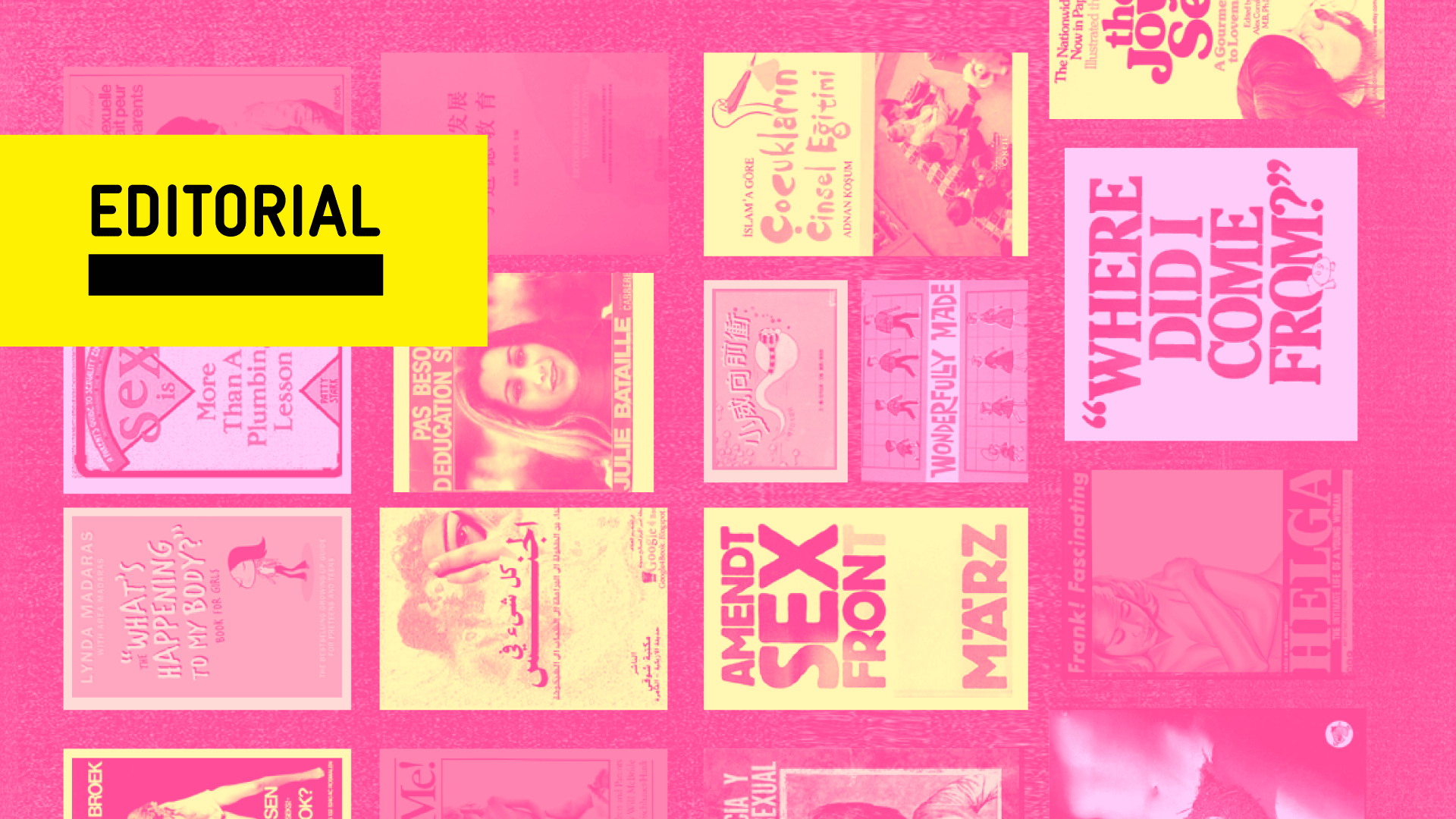
SEX — 10 years later
So much has changed, so much has stayed the same.
Ten years ago, it was not rare to hear statements from people condemning violence against LGBTQ+ individuals, yet condoning the premise upon which it was called.
To speak of human rights without naming the groups suffering from discrimination, means attempting to erase their existence and experiences.
Homophobia and misogyny are not two separate forms of hate — rather, they feed into one another.

Besa Luci
Besa Luci is K2.0’s editor-in-chief and co-founder. Besa has a master’s degree in journalism/magazine writing from the University of Missouri’s School of Journalism in Columbia, U.S..
DISCLAIMERThe views of the writer do not necessarily reflect the views of Kosovo 2.0.
This story was originally written in English.